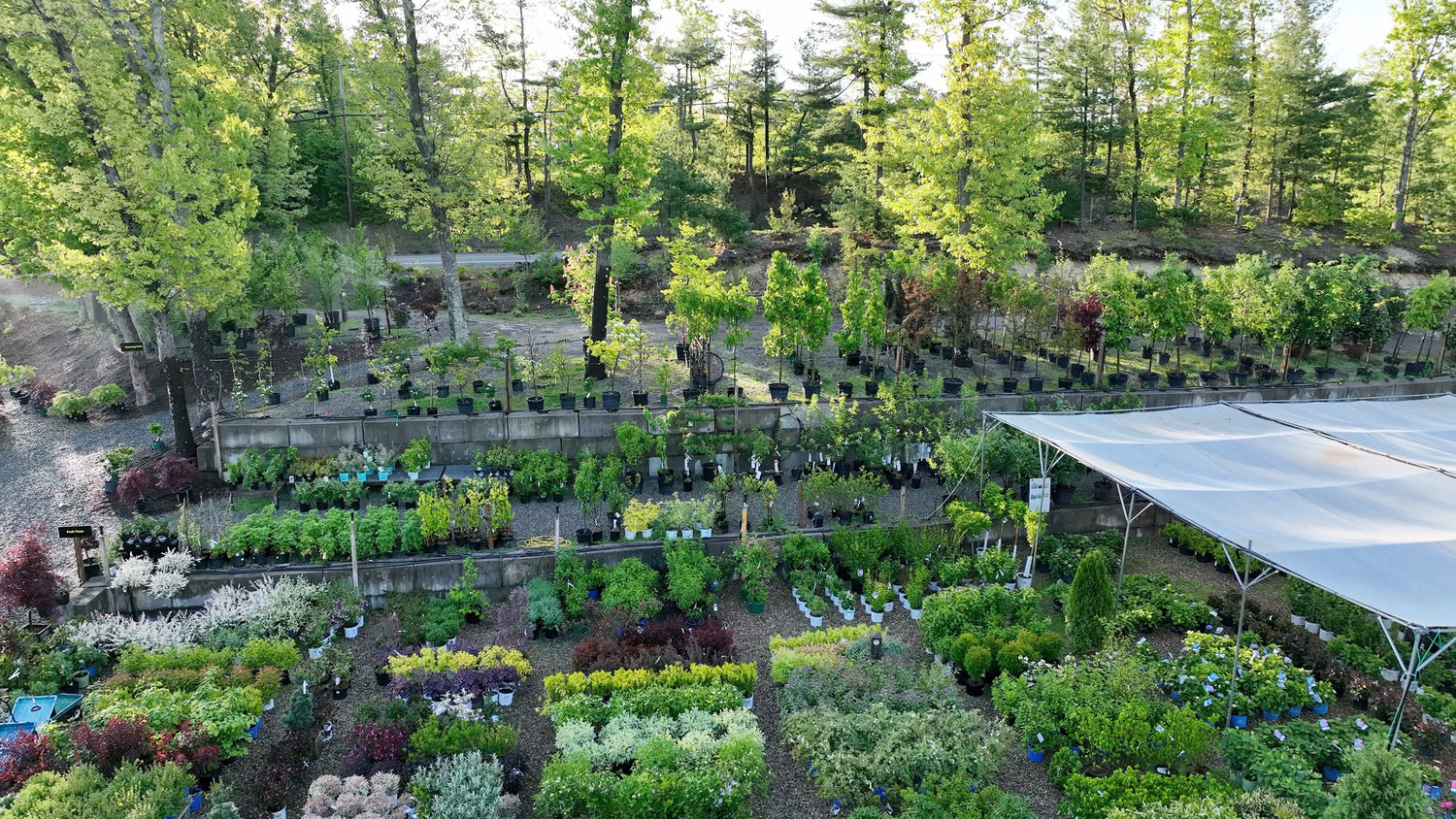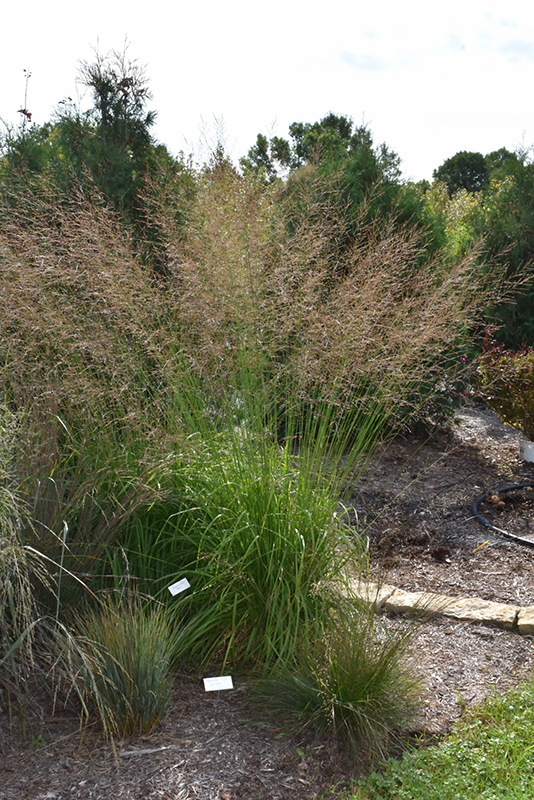Plant Guide
Skyracer Moor Grass
Molinia caerulea 'Skyracer'
Plant Height: 4 feet
Flower Height: 8 feet
Spread: 4 feet
Sunlight:
![]()
![]()
Hardiness Zone: 4a
Description:
Tall upright inflorescences rise high above green fountain like foliage giving structure that is pleasing to the eye; displays rich golden yellow fall color that continues through winter; excellent accent, edging, and naturalizing groundcover
Ornamental Features
Skyracer Moor Grass is primarily grown for its highly ornamental fruit. The coppery-bronze seed heads are carried on showy plumes displayed in abundance from early to late fall. It features dainty spikes of purple flowers rising above the foliage from mid to late summer. Its grassy leaves are green in color. As an added bonus, the foliage turns a gorgeous gold in the fall.
Landscape Attributes
Skyracer Moor Grass is an herbaceous perennial grass with an upright spreading habit of growth. It brings an extremely fine and delicate texture to the garden composition and should be used to full effect.
This is a relatively low maintenance plant, and is best cut back to the ground in late winter before active growth resumes. It has no significant negative characteristics.
Skyracer Moor Grass is recommended for the following landscape applications;
- Mass Planting
- General Garden Use
Planting & Growing
Skyracer Moor Grass will grow to be about 4 feet tall at maturity extending to 8 feet tall with the flowers, with a spread of 4 feet. Its foliage tends to remain dense right to the ground, not requiring facer plants in front. It grows at a slow rate, and under ideal conditions can be expected to live for approximately 15 years. As an herbaceous perennial, this plant will usually die back to the crown each winter, and will regrow from the base each spring. Be careful not to disturb the crown in late winter when it may not be readily seen!
This plant does best in full sun to partial shade. It prefers to grow in average to moist conditions, and shouldn't be allowed to dry out. It is not particular as to soil type or pH. It is somewhat tolerant of urban pollution. This is a selected variety of a species not originally from North America. It can be propagated by division; however, as a cultivated variety, be aware that it may be subject to certain restrictions or prohibitions on propagation.



